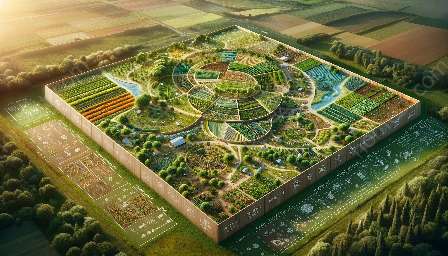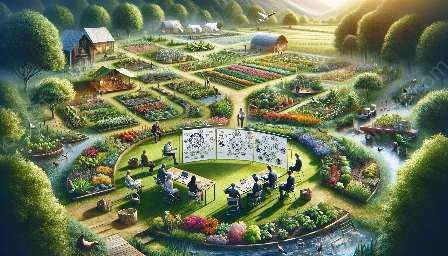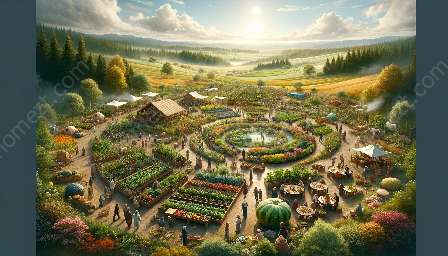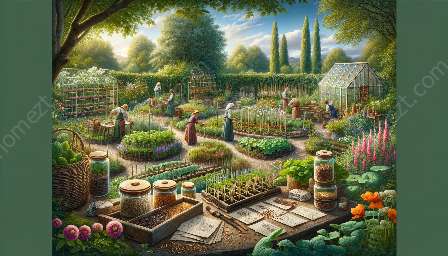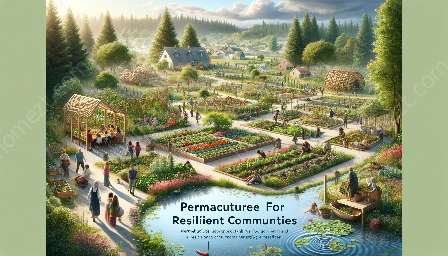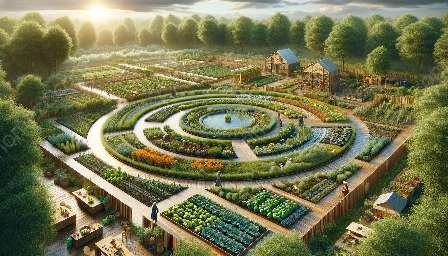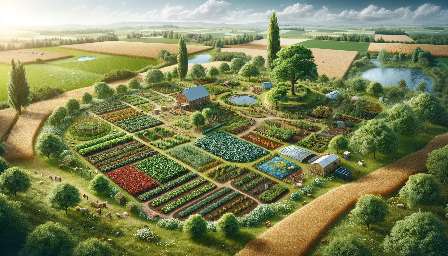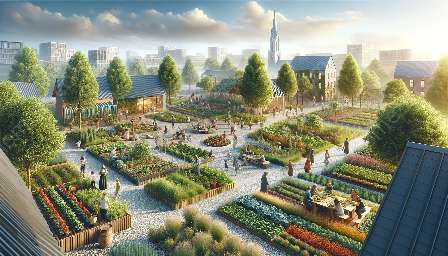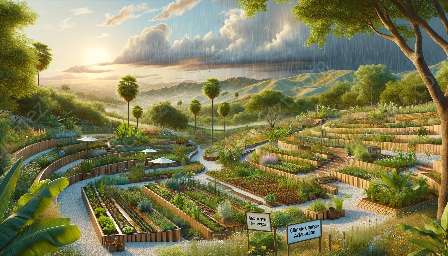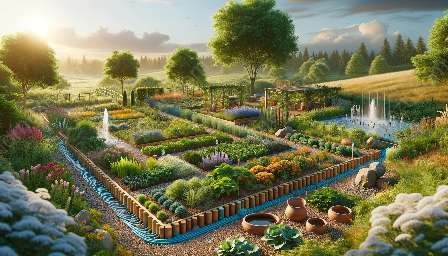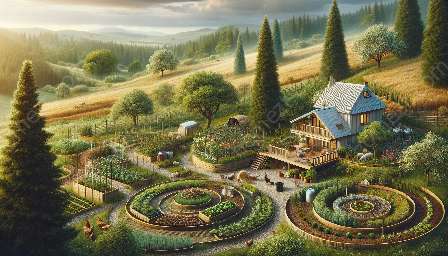Permaculture is a design system that emphasizes holistic management, applying principles of natural ecosystems to sustainable living. This approach seeks to integrate various elements to create productive and resilient landscapes while considering social and environmental aspects. In this topic cluster, we will delve into the core concepts of holistic management in permaculture and explore how it intersects with gardening and landscaping.
Understanding Holistic Management in Permaculture
Holistic management in permaculture entails considering the entire ecosystem, including the relationships between flora, fauna, soil, water, and human interactions. It integrates principles like observation, diversity, and self-regulation to create functional and regenerative systems.
Key Principles of Holistic Management
One of the fundamental principles of holistic management is the concept of 'whole systems thinking,' which requires understanding the interconnectedness of various elements within a landscape. This holistic approach encourages a deep understanding of ecological processes and cycles, enabling practitioners to make informed decisions for sustainable design and management.
- Regenerative Design: Holistic management involves designing landscapes that mimic natural ecosystems, promoting regenerative processes and restoring degraded environments.
- Resource Cycling: The practice of managing resources in a closed-loop system, minimizing waste and utilizing natural cycles for nutrient cycling and energy flow.
- Social Integration: Holistic management extends beyond ecological aspects and encompasses social and cultural considerations, promoting community involvement and fostering sustainable practices.
Applying Holistic Management to Gardening and Landscaping
When it comes to gardening and landscaping, holistic management principles can guide the design and maintenance of sustainable, thriving spaces. Integrating permaculture and holistic management into gardening and landscaping practices offers numerous benefits:
- Biodiversity: By emulating natural ecosystems, gardens and landscapes can support a wide range of plant and animal species, contributing to overall ecological health and resilience.
- Soil Health: Implementing regenerative practices such as composting, mulching, and soil building enhances soil fertility and structure, promoting healthy plant growth and minimizing the need for external inputs.
- Water Management: Utilizing water-efficient techniques, such as rainwater harvesting and swales, helps conserve and utilize water resources effectively, reducing dependence on irrigation.
- Community Engagement: Holistic management encourages community involvement in garden and landscape projects, fostering a sense of shared responsibility and promoting knowledge exchange among practitioners.
Case Studies and Success Stories
Real-world examples of holistic management in permaculture can provide valuable insights and inspiration. By examining successful projects and initiatives, we can gain a deeper understanding of how these principles are applied in diverse contexts, from urban gardens to rural landscapes.
Conclusion
Holistic management in permaculture offers a comprehensive framework for designing and managing landscapes in a way that promotes ecological health, social well-being, and resilience. By integrating these principles into gardening and landscaping practices, individuals can contribute to the wider movement of sustainable living and environmental stewardship.





